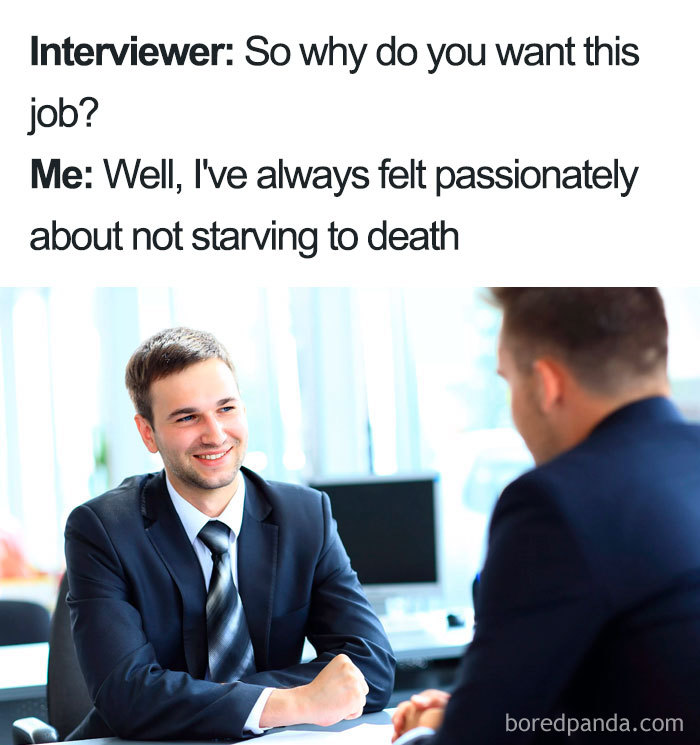All of us reach a moment in career when we need to pass interview. It may be tough, stressful process that we want to finish faster. Personally, I feel enthusiastic about interviews. Why? Let me share my viewpoint in this post (when I say 'interviews' it is mainly about 'engineering job interviews').
Initially, I divide job interviews into 2 categories:
- external - when you want to get into a new company
- internal - when you want to pass an interview for promotion inside your current company.
What about time? I also divide interviews by preparation time into 2 categories:
- Regular - when you you different sources (books, documentation, blogs, videos), reinforce with examples/solved problems. 3 - 6 months.
- Accelerated - when you learn mainly from documentation and blogs specific techs/tools. 1 - 2 moths.
So, why do I like to attend interviews as an interviewee? Firstly, it is the fastest and most transparent way of objectively testing my knowledge and competence. Moreover, soft skills interviews encourage me to develop my communication and management skills. Finally, I just like to talk with someone who is more experienced and has wider vision.
At the end, I recommend you to apply for interviews more frequently, even if you are not planning to work for that company.

Comments
Post a Comment